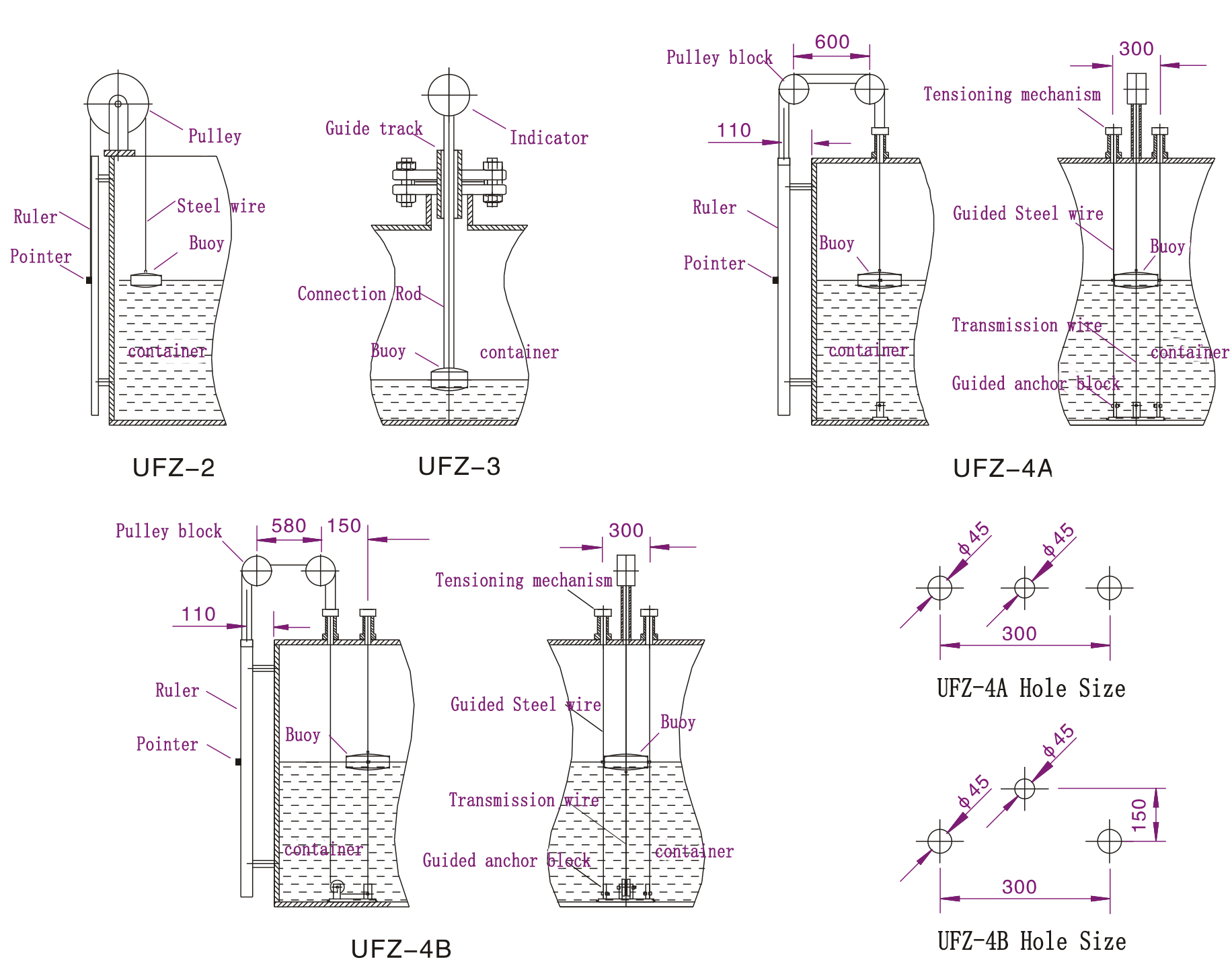Coating definition: It is a coating with a certain thickness (generally greater than 10um) formed on the surface of a metal or non-metal substrate by physical, chemical or other methods. It is different from the substrate material and has certain strengthening, anti-corrosion or special functions.Liquid level measuring instruments are widely used in modern industrial production and play an important role in controlling the production process, improving production efficiency and product quality, and reducing production costs. However, corrosion, as a common phenomenon in modern industrial production, poses a great threat to the service life of the instrument and the reliability of measurement.Therefore, in order to ensure the anti-corrosion effect and the normal use of the instrument, spraying an anti-corrosion coating on the instrument is a common practice. However, due to different working conditions, the requirements for anti-corrosion coatings are usually different. Therefore, this article will discuss the selection of anti-corrosion coatings for liquid level measuring instruments.Generally speaking, when choosing the anti-corrosion coating of liquid level measuring instruments, according to different working conditions and production requirements, the following points should be paid attention to:01 First of all, see if it is necessary to add an anti-corrosion layer, and add the thickness of the anti-corrosion layer.Different instrument application environments have different requirements on whether to add anti-corrosion coating and its thickness. Therefore, the first step is to confirm whether the medium measured by the instrument is strong acid, strong alkali or other corrosive organic solvents, and decide whether to add anti-corrosion coating and its thickness according to the characteristics of different media.In addition to the characteristics of the medium itself, the pressure and temperature of the storage tank also have a great influence on the corrosivity. Generally, as the temperature increases, the corrosion rate will also increase. Similarly, as the pressure increases, the corrosiveness also increases. So it is necessary to figure out what Mpa pressure the fuel tank is, whether it is positive pressure or negative pressure, and what is the measured temperature.02 Next, look at whether the adhesion of the anti-corrosion layer is strong enough.The stronger the adhesion of the anti-corrosion layer, the more durable the coating and the better the corrosion resistance. Therefore, when choosing anti-corrosion coatings, we must choose anti-corrosion coatings with strong adhesion.03 Again, see if the anti-corrosion coating has strong stability and anti-aging ability.If the anti-corrosion coating has poor anti-aging performance and poor stability, it will directly affect the anti-corrosion effect. Therefore, the anti-corrosion coating should have good anti-aging performance, and can maintain relatively stable performance in low temperature, high temperature, water and chemical reagents.04 Finally, see whether the anti-corrosion layer has a certain mechanical strength and whether it has the same ability to adapt to external stress.The conventional mechanical properties of anti-corrosion coatings include hardness, flexibility, impact resistance, abrasion resistance and so on. The mechanical strength and external stress of the coating have an important influence on the anti-corrosion performance.Therefore, the mechanical strength and external stress of the anti-corrosion coating should be paid attention to when choosing, and the anti-corrosion coating with certain mechanical strength and external stress adaptability should be selected.
Common level measuring instruments, such as tuning fork level switches, float level gauges, radar level gauges, etc. It is widely used to detect various corrosive media. The parts of these liquid level measuring instruments that are in contact with the measured medium, especially the liquid medium, are very susceptible to corrosion. Because of this, when the user of the instrument purchases a liquid level measuring instrument, Huikeda Automation will strictly follow the above requirements and precautions, and on the basis of full communication and understanding with the user, combined with the requirements of the on-site working conditions, a reasonable choice of the anti-corrosion coating of the instrument Layer to ensure that the anti-corrosion coating can be effectively preserved. If there is no need for anti-corrosion or the anti-corrosion requirements are not high, the anti-corrosion coating will not be sprayed or sprayed less, which not only reduces unnecessary costs for users, but also effectively ensures that the instrument has Higher reliability and longer service life.

Post time: 21-09-21
